Summary
- Solo Leveling Season 2 excels with an outstanding English dub cast, led by talented voice actors for an epic storytelling experience.
- Aleks Le shines as Jinwoo Sung, portraying the character’s transformation with subtlety and grand emotionality alike.
- Director Caitlin Glass sets a high standard in English dubbing, thriving on collaboration between the director and performers.
|
Title |
Solo Leveling: Arise from the Shadow |
|
Director |
Shunsuke Nakashige |
|
Studio |
A-1 Pictures |
|
Premiere Date |
01/05/2025 |
Warning: The following contains minor spoilers for Solo Leveling, now streaming on Crunchyroll.
A story is only as good as how you tell it, and whether it’s the animation, music, or performances, the storytelling of Solo Leveling has dominated the Winter anime season. Much has been said about the quality of the show in itself, but perhaps not enough has been said about the English dub, and how it might be one of the best in years.
Solo Leveling Season 2: Arise from the Shadow has raised the bar significantly since it premiered last month, between more intrigue and somehow even better fight scenes. It has also seen the return of a star-studded English cast ready to step up their game as well, led once again by ADR Director/ voice actress, Caitlin Glass (Winry Rockbell in Fullmetal Alchemist).
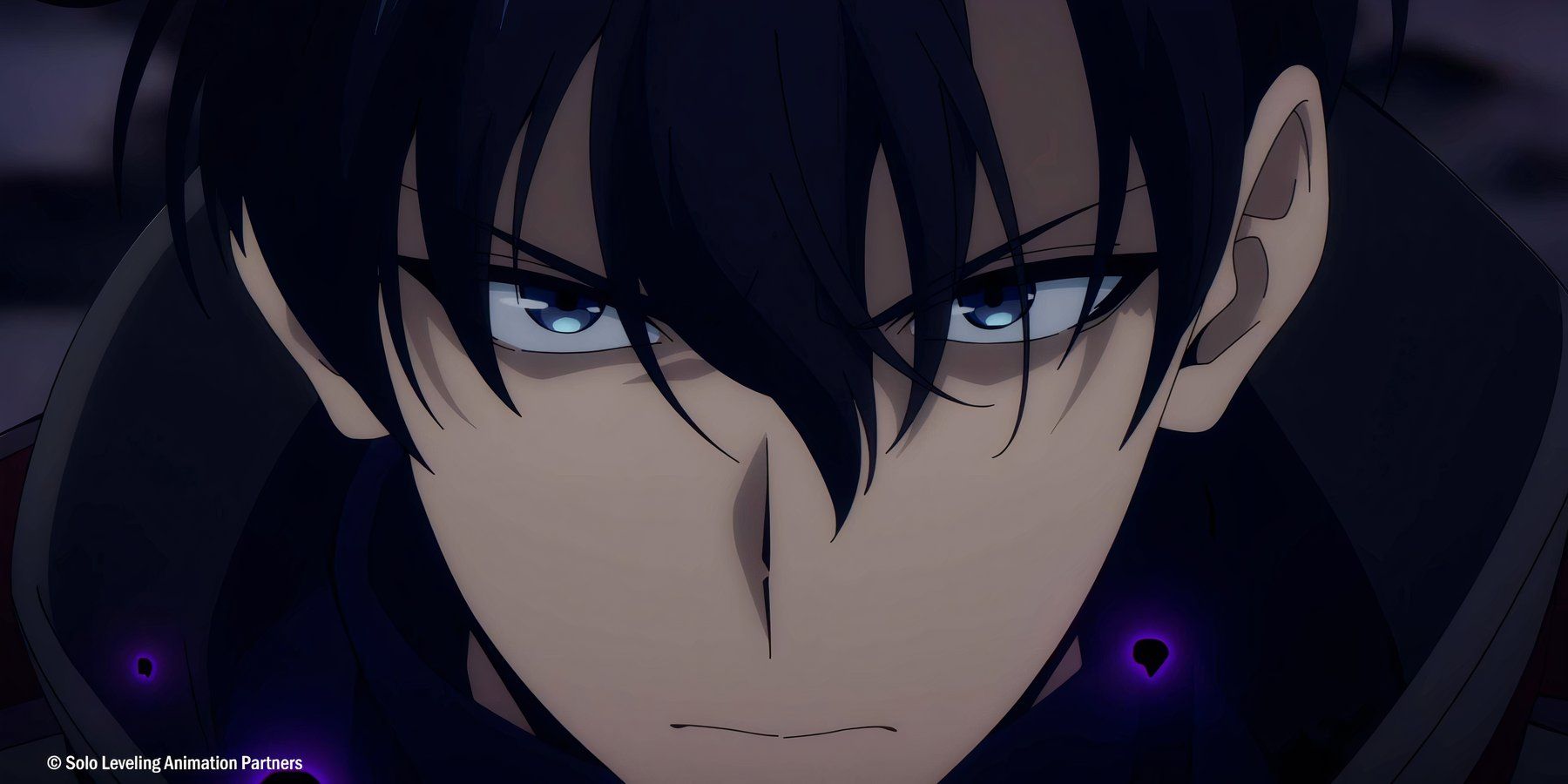
Related
Solo Leveling Season 2 Releases Episode 8 Preview Teaser Revealed
Episode 8’s teaser showcases Jinwoo’s toughest battle yet. Solo Leveling’s hype continues to reach new heights!
A Big Show Demands a Big Cast
For a relatively straightforward power fantasy, this anime has had everything working in its favor to make it a worthy adaptation of its source material – itself a worldwide phenomenon. For instance, it’s easy to see why Hiroyuki Sawano was tapped to compose the score. As the man behind the music of Attack on Titan, Blue Exorcist, Kill la Kill, and many more, his sound is inexorably associated with grand, epic storytelling. He is practically a cheat code for hype, but in a series all about power, that kind of sound is more appropriate than ever.
But sound is more than just music. The performances had to be just as powerful as the score to sell this story. This is where the English Dub has truly gone all out. For longtime anime fans, this is an all-star lineup. Christopher Sabat, John Swasey, Ian Sinclair, Trina Nishimura, Patrick Seitz – If you’ve watched anime for more than a decade, these are household names; the stars of Dragonball, My Hero Academia, Attack on Titan, and more. Alongside the newer class of voice talent, this cast speaks for itself, even without solid directing.
Case in point: Aleks Le as Jinwoo Sung, the one voice that they couldn’t afford to mess up. Le has blown up these past few years, playing the protagonist of Persona 3 Reload, Zenitsu in Demon Slayer, Luke in Street Fighter 6, and recently, Jiji in Dandadan. Between his impressive range and how tuned in he is to the community, he is both a talented voice actor and a walking meme (respectfully), and Jinwoo is practically the perfect role for him.
The Perfect Leading Man to Play Jinwoo
In a story where the main character must undergo a significant transformation, there are many factors at play to sell it but the performer plays the biggest role. As a voice actor, Le has to sell both a weaker, more timid Jinwoo, and the confident, cool, attractive hero he becomes throughout Season 1. After getting used to hearing the latter in Season 2, it was so fascinating to boot up Episode 1 and be reminded just how different he sounded at the very beginning.
It’s not simply a higher pitch, but the hushed tone and the way he tends to tiptoe around certain subjects in conversation. Jinwoo is intimately familiar with his weaknesses, but otherwise well-liked by those around him, so he doesn’t want to get in anyone’s way, much less concern his friends like Joohee. It’s the subtleties that make all the difference, and where Le truly makes the role his own.
When the tension rises, so does Le’s voice, and both his fear and pain are acted incredibly well.
Sure, acting that is “loud” can all too often be equated with acting that is “good”, but there’s a reason that large expressions of emotion are so captivating. It’s all the more to Le’s credit that he excels at subtlety as well as grander displays of emotionality. He especially excels at injecting a casual quality into Jinwoo’s speech that keeps him so personable and even a bit cocky, as his power level rises to absurd degrees the longer the story continues.
The Model For English Dubs
A lot of the time, the debate between sub and dub just comes down to personal preference, but there are reasons to be critical of English dubbing, especially as anime gets more popular. Good casting, directing, and scriptwriting are as essential in localization as they are for the original work, and a perceived failing in either category leads to a sense that something is missing. It’s another reason why when a dub is particularly good, it gets a lot of buzz in the community.
Last year, Game Rant interviewed both Le and Glass about the production of the dub, which painted a great picture of the collaborative environment that allowed it to soar. For important scenes like Jinwoo’s death scene from Episode 2, great emphasis was placed on analyzing Taito Ban’s performance in Japanese, and figuring out how best to translate that.
We were at the Solo Leveling premiere in LA, after we saw the first two episodes, we gave each other a hug, and I was like, (self-mockingly) ‘Hey, now that I heard the episode again, I think we should go back and do this’. She’s very graceful and open for collaboration and ideas, so she was like ‘Okay, I will see what I can do’
But translation is an art, not a science, and Glass found a great balance between respecting the original work and creating an identity all its own. There are liberties taken with the script to make it sound natural – which is more essential than some purists would like to admit – but that rarely if ever alter the original meaning. The dubbed clips posted to Crucnhyroll’s YouTube channel are great for comparing the two since the subtitles can’t be turned off.
Does It Surpass the Japanese Version?
Like the best English dubs, it’s the small touches that stand out, like in the aftermath of the fight against Barca, when Jinwoo’s cool demeanor cracks and he has to scold Iron. Le’s performance makes the scene even funnier, not just because of how the line is rewritten, but how his tone rises frantically to stop his shadow from throwing a fit. It’s one of those moments when a dub arguably rises above the original, and it goes to show how much depth Le’s voice lends to the character. Personally speaking, I’m far more interested in Jinwoo in English than in Japanese.
Much of this has been an appraisal of Aleks Le’s take on Jinwoo Sung, but the entire cast does a fantastic job. With Season 2 bringing more of the supporting cast into the spotlight, that’s only become more apparent. It’s also worth praising how much even minor performances go all out. Barca is present for two episodes and only speaks in one of them, yet Daman Mills makes him unforgettable and helps solidify him as one of the best villains yet.
Director Caitlin Glass and the cast of Solo Leveling have all done exceptional work so far. Without an ounce of hyperbole, it’s a model for English dubbing, regardless of one’s attachment to the work itself. The actors and engineers are not only talented, but the collaborative nature of the production is emblematic of the standard that should be set for all dubs. It’s a shame that the dub is running two weeks behind the Japanese version, but as crazy as it sounds, it might genuinely be worth the wait.
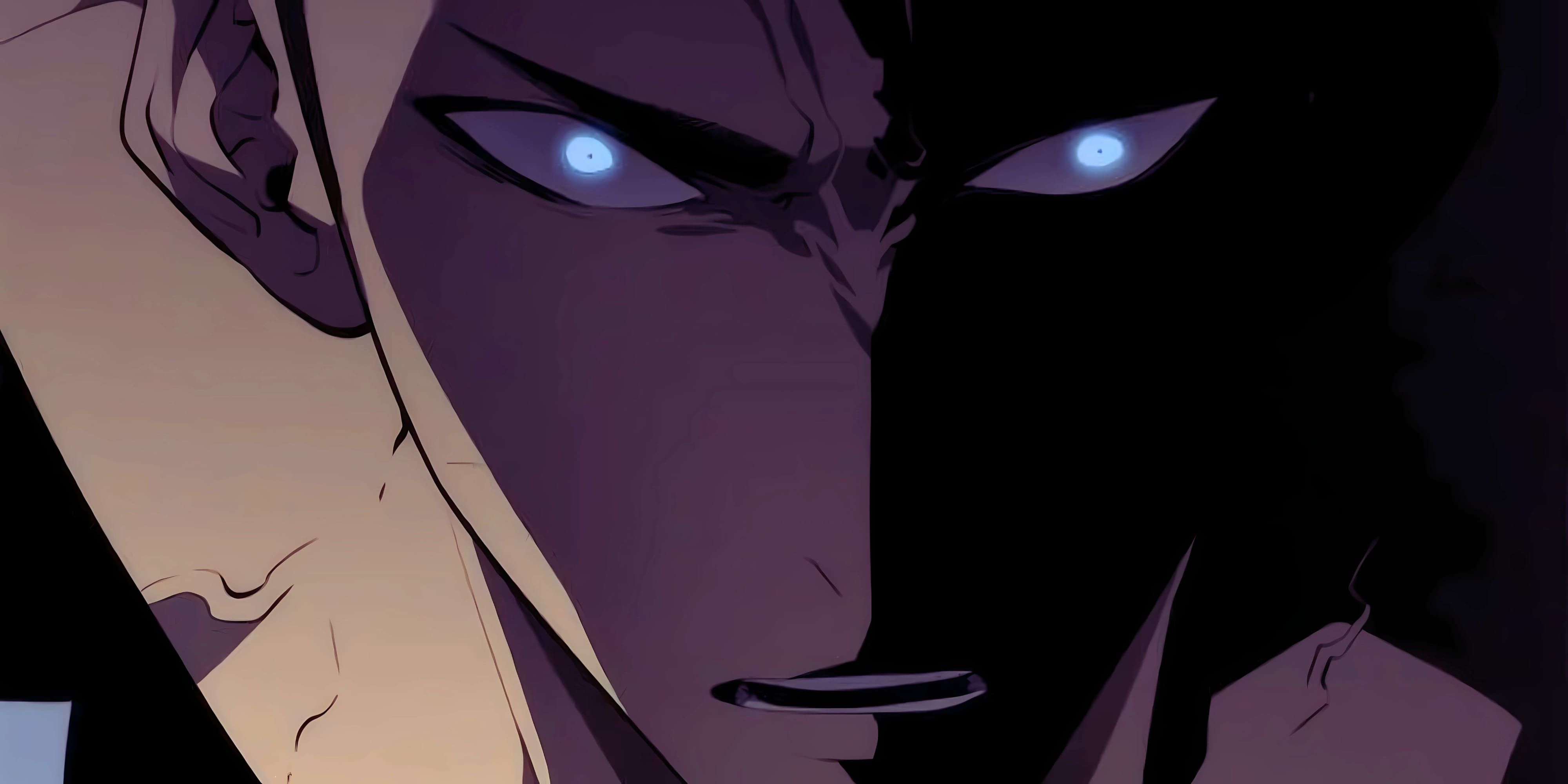
More
Solo Leveling: Strongest Hunters Outside Asia, Ranked
Although there are many strong non-Asian hunters in the series, these stand out as the most powerful and influential ones.
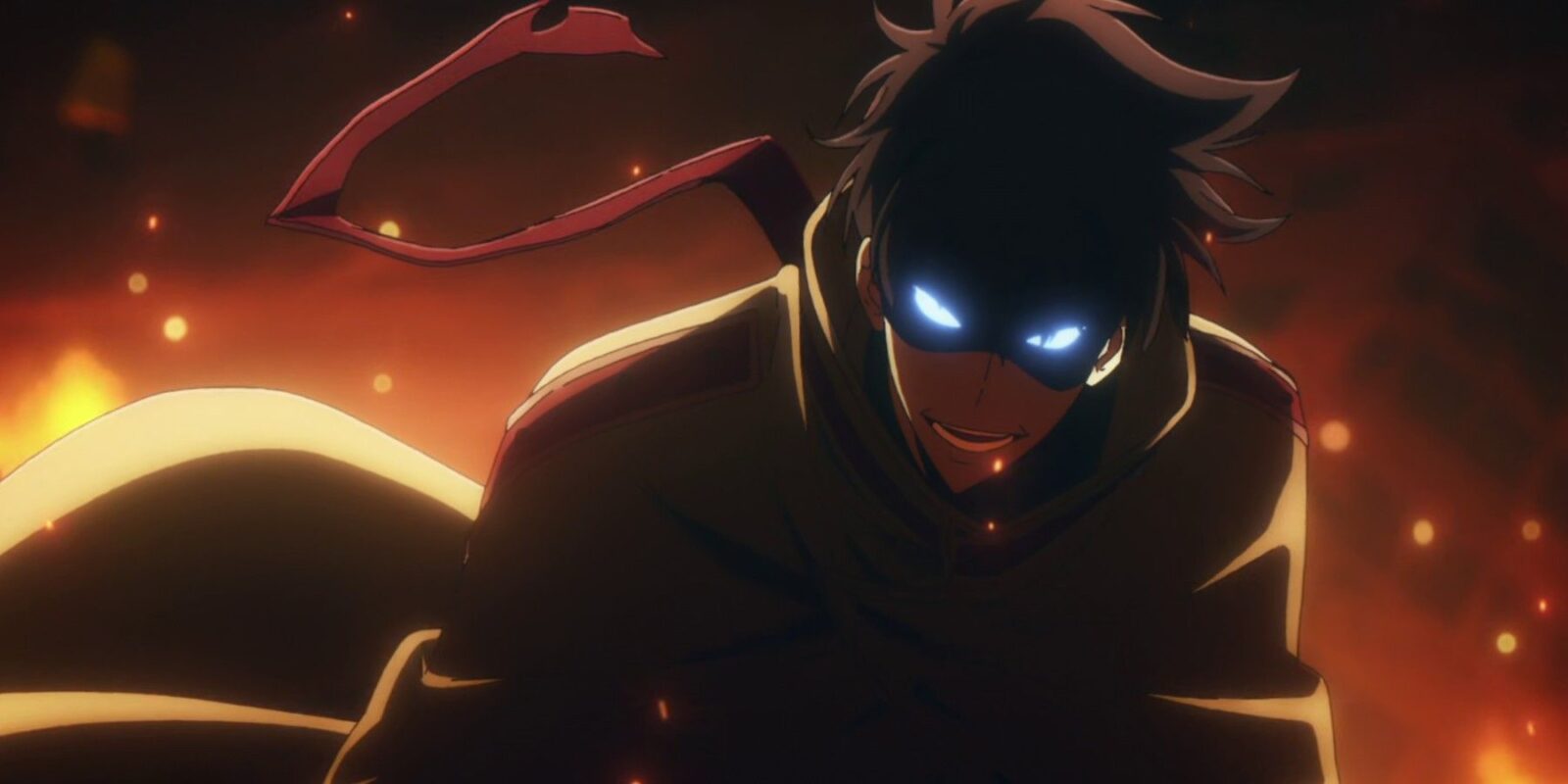
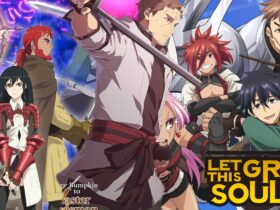

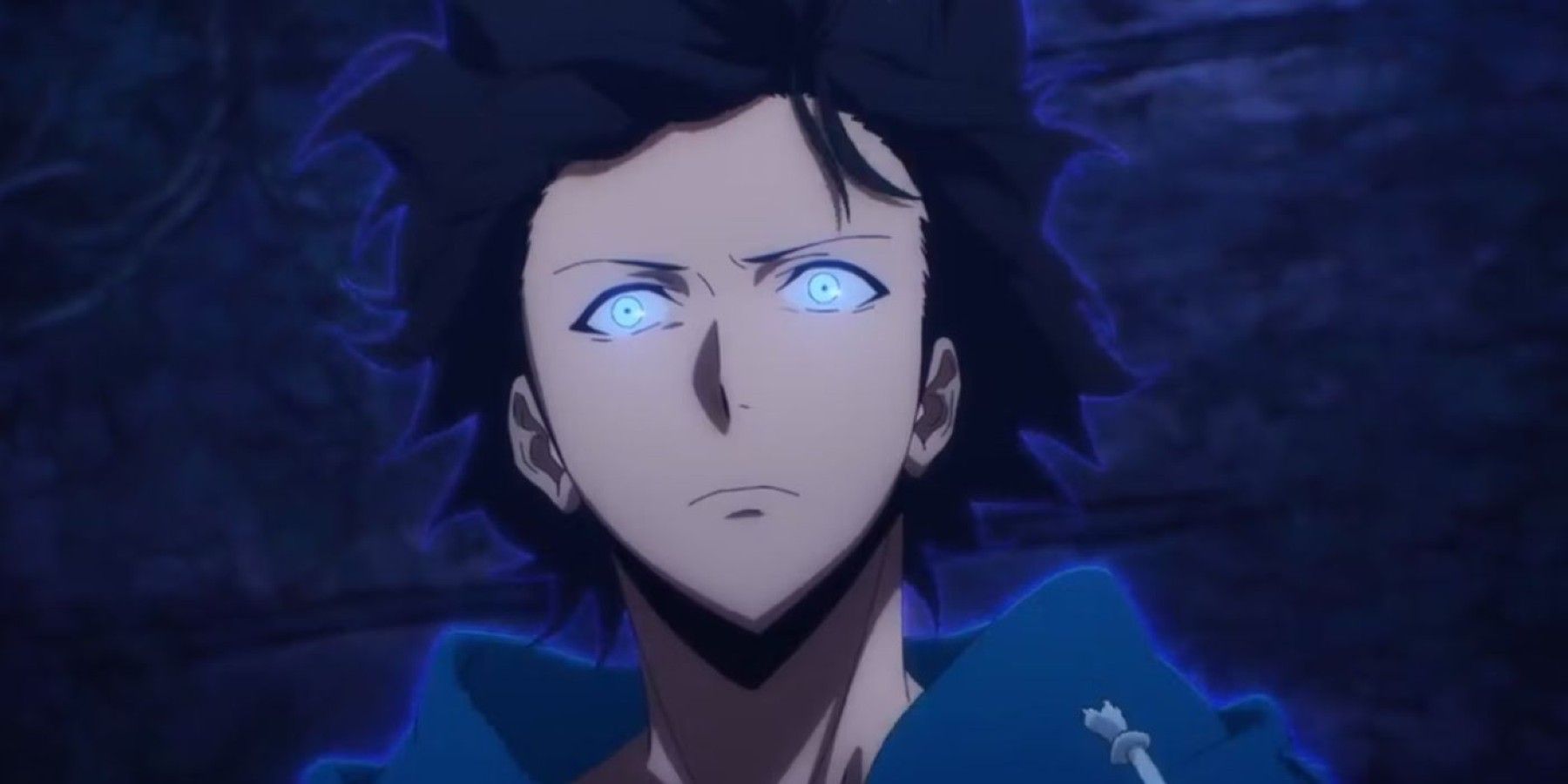

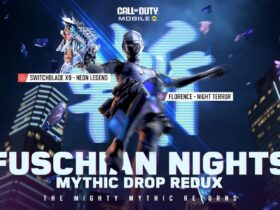
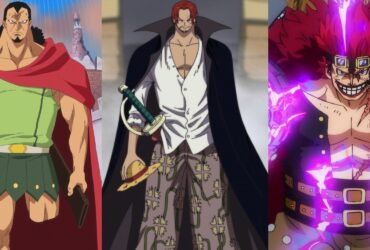

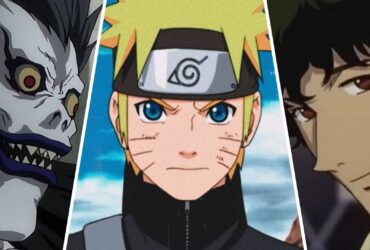
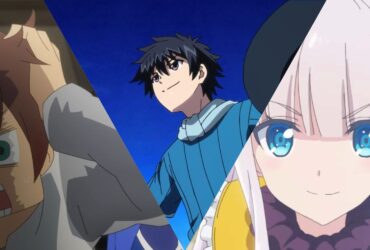
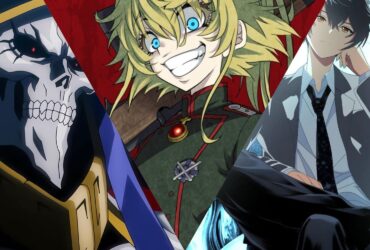
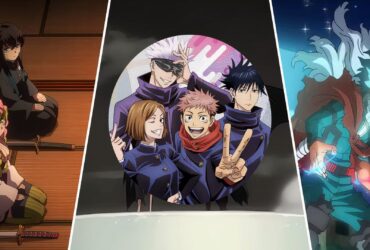
Leave a Reply